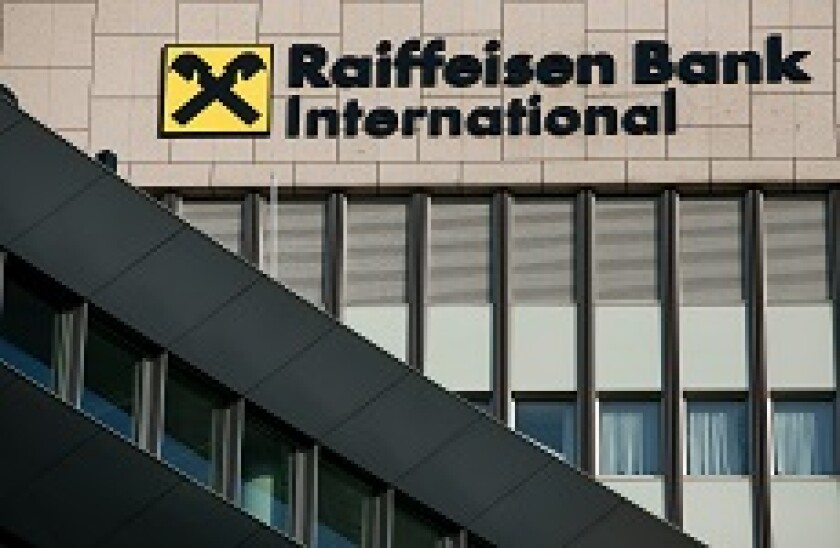RBI’s debut draws demand with double digit spread

Raiffeisen Bank International (RBI) managed to attract a convincing order book for its debut covered bond issued on Monday following a roadshow, largely thanks to the rare double-digit spread it paid over mid-swaps, and the compelling pickup compared to its Austrian peers.
Unlock this article.
The content you are trying to view is exclusive to our subscribers.
To unlock this article:
- ✔ 4,000 annual insights
- ✔ 700+ notes and long-form analyses
- ✔ 4 capital markets databases
- ✔ Daily newsletters across markets and asset classes
- ✔ 2 weekly podcasts
